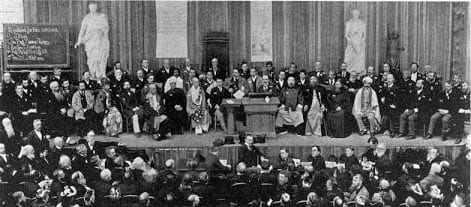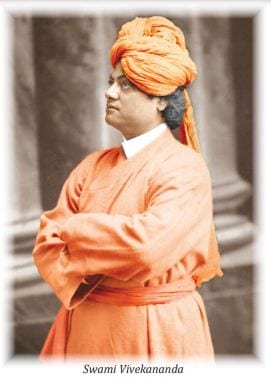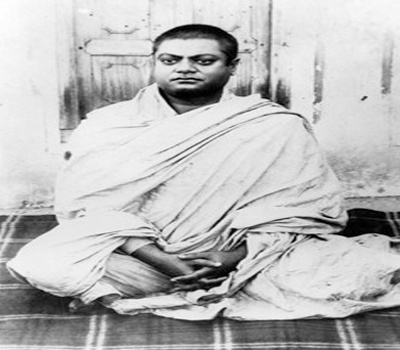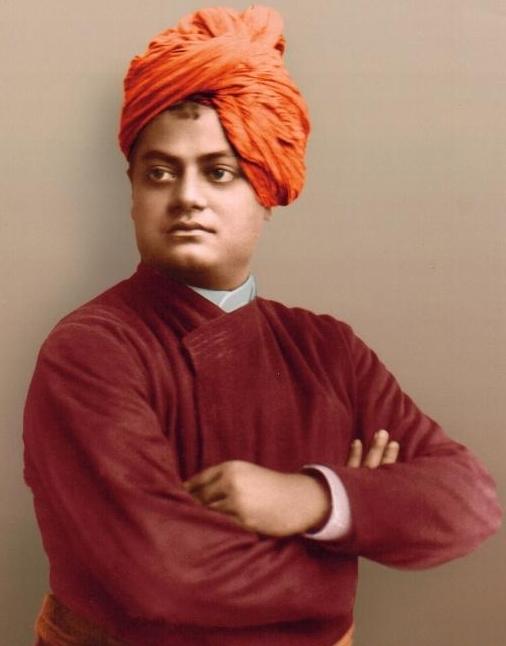India is a land of tremendous contradictions. On one hand, one sees such enormous prosperity and wealth, while on the other hand one-third of Indians go without a second meal every day. While India’s scientific achievements in the field of telecommunication, information technology and space is enviable, it makes one’s heart bleed when you know that only around 20% of rural Indians have sanitation facilities and 40% of them are able to get potable water to drink. Even today nearly 42% of our children in the villages find it difficult to access schooling while many children are still labouring away in the fields and factories to make their family’s ends meet. While we are able to find solutions to all kinds of technical and software problems all over the world, we still are grappling with having nearly 25% of the world’s poor in our country. While we are finding more young achievers in the field of sports, music, arts, technology and wealth creation, we find very few young people leading us in the political and social arenas. Finding solutions to the complex social, economic, infrastructural, political and poverty-related problems is indeed a great challenge. This challenge needs enormous energy, a fresh perspective, a grandiose vision and superhuman effort. How do we get to address the myriad problems facing us? What kind of reforms will bring in this much-needed change?
Things do not seemed to have changed too much from the times of Swami Vivekananda. Looking at India’s condition prevalent at the time, Swamiji had made this response when he was asked what kind of social reform would change India, “I do not believe in reform; I believe in growth. I do not dare to put myself in the position of God and dictate to our society, ‘This way thou shouldst move and not that.’ My ideal is growth, expansion, development on national lines. Each individual has to work out his own salvation; there is no other way, and so also with nations. Until higher institutions have been evolved, any attempt to break the old ones will be disastrous. Growth is always gradual. Take man where he stands, and from there give him a lift.”
Swamiji strongly believed in the power of the people and in creating strong grassroots based democratic institutions that reflected the aspirations of the people. He writes, “We do stand in need of social reform. At times great men would evolve new ideas of progress, and the kinds would give them the sanction of law. Thus social improvements had been in the past made in India, and in modern times to effect such progressive reforms, we will have first to build up such an authoritative power. Kings have gone; the power is the people’s. We have, therefore, to wait till the people are educated, till they understand their needs and are ready and able to solve their problems. The tyranny of the minority is the worst tyranny in the world. Therefore, instead of frittering away our energies on ideal reforms, which will never become practical, we had better go to the root of the evil and make a legislative body, that is to say, educate our people, so that they may be able to solve their own problems. Until that is done all these ideal reforms will remain ideals only. The new order of things is the salvation of the people by the people, and it takes time to make it workable, especially in India, which has always in the past been governed by kings.”
Swamiji was very pragmatic and understood that true citizen participation in matters of governance and policy-making cannot happen overnight. Merely creating democratic institutions cannot ensure the engagement of the people in matters that concern their own development. It needs to be done gradually and is co-terminus with building their capacities and capabilities.







Leave A Comment